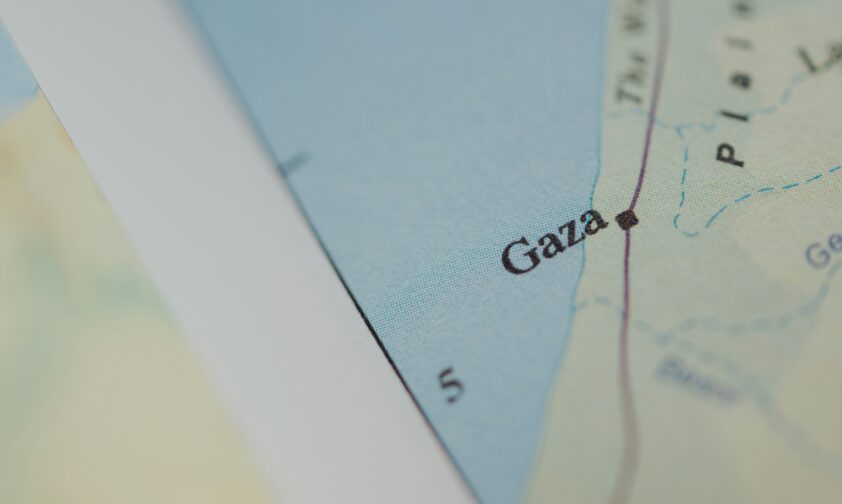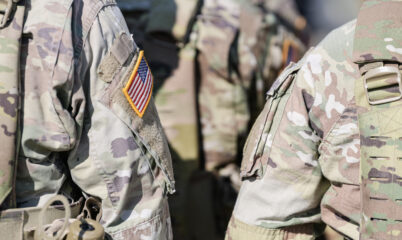
Biden Plan Endangers American Soldiers in Gaza
by Jason Beardsley
The Biden Administration is putting the lives of American service members at risk. If you value the safety of our troops and understand the complexities of international conflict, read on.
The Biden administration’s plan to construct a military pier for humanitarian aid delivery into Gaza is a dangerous shift in U.S. military and foreign aid strategy. Combining military control with humanitarian assistance in a conflict zone, this plan places U.S. troops dangerously close to the conflict between Hamas and the Israeli Defense Forces (IDF).
Humanitarian aid delivery in conflict zones typically follows one of two models: established military control or unconditional aid distribution. The first ensures aid reaches recipients securely but requires significant military presence, which is impractical in Gaza’s volatile environment. The second, practiced by agencies like USAID, delivers aid without regard to its post-distribution environment, accepting that some may fall into the wrong hands but prioritizing immediate relief. The Biden administration’s hybrid model combines the worst of both approaches, placing U.S. troops in harm’s way without full protective benefits.
The potential for U.S. troops to engage in direct conflict raises significant concerns about mission creep and escalation.
As a combat veteran who participated in a diplomatic security mission into Gaza and the West Bank in 2003, I witnessed firsthand the dangers of such operations. I lost friends in an IED attack while delivering aid to Palestinians. This tragedy underscores the risks our troops face. Similar incidents, like the “Black Hawk Down” mission in Mogadishu, where U.S. troops providing aid were caught in a deadly firefight, highlight the dangers of aid missions in hostile environments. These missions, intended to alleviate suffering, often turn into nightmares, resulting in significant American casualties.
The security risks associated with this plan are profound. The presence of U.S. troops in such a volatile region increases the likelihood of confrontations with hostile forces, including Hamas. Recent mortar and rocket attacks near planned aid operations highlight the constant threat environment. Any association of U.S. military operations with Israeli actions could exacerbate tensions and draw the U.S. deeper into the conflict.
Secretary of Defense Lloyd Austin has acknowledged the possibility of U.S. service members coming under fire while working on the pier and stated they are authorized to defend themselves. This admission underscores the mission’s danger and contradicts assurances of “no boots on the ground.” The potential for U.S. troops to engage in direct conflict raises significant concerns about mission creep and escalation.
The plan to construct a military pier for aid delivery into Gaza is fraught with dangers. A more prudent approach involves reassessing hybrid models in conflict zones where U.S. military presence is unsustainable. Instead, humanitarian aid should be delivered through established channels that prioritize safety and efficacy. The Biden administration must reevaluate its strategy to avoid escalating the conflict and endangering U.S. personnel. A clear, consistent approach is essential for effective and safe aid delivery in Gaza.
If we care about the safety of our troops and the effectiveness of our humanitarian efforts, we must demand a strategy that protects our heroes and ensures aid reaches those in need without unnecessary risk.
Jason Beardsley is CVA’s Senior Coalitions Advisor and a 22-year veteran of the United States Army and United States Navy, including 15 years with Army Special Operations and Joint Special Operations.
Read more about CVA’s efforts on foreign policy and its other priority issues here.




